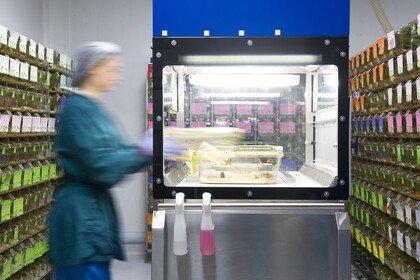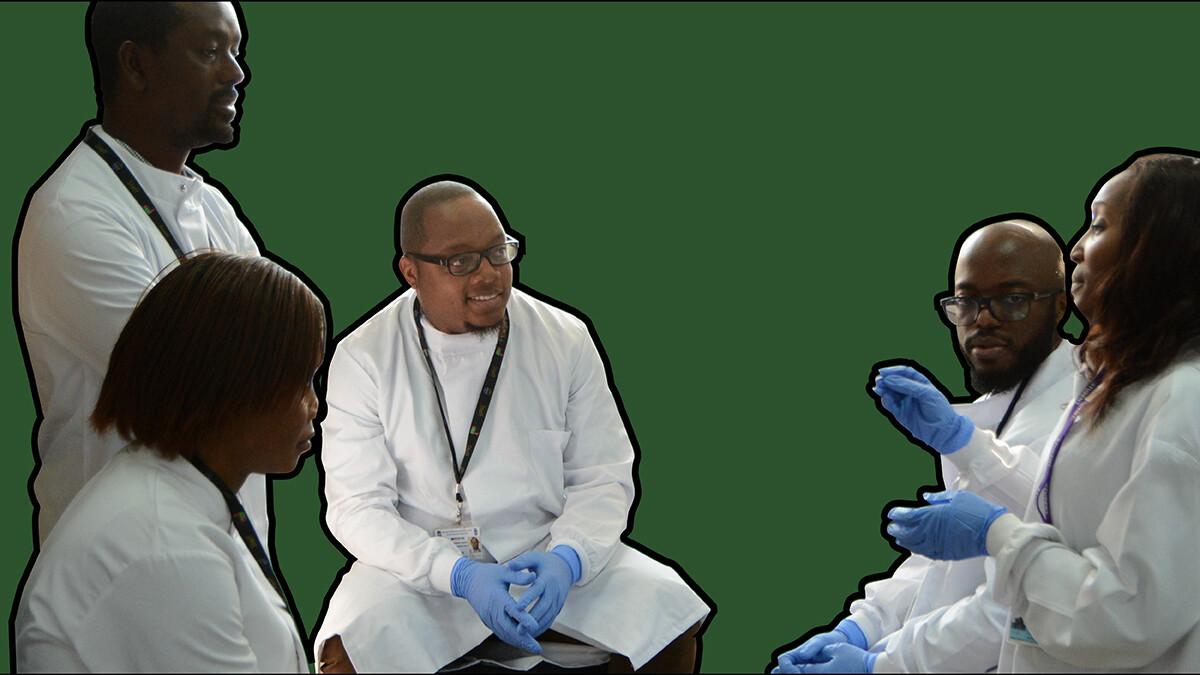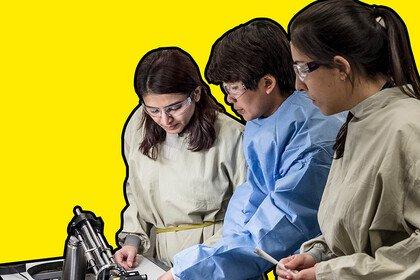
We hail individual geniuses, but success in science comes through collaboration
The Nobel prizes give a human face to science. But does celebrating individuals risk undermining what’s achieved through a collaborative research culture?

When we think of famous scientists, we think of Albert Einstein, perhaps Marie Curie or Francis Crick. More recently, there’s Peter Higgs, known for the Higgs boson, Andre Geim for graphene or John O’Keefe for his work on the GPS systems in our brains. Though they span vastly different scientific disciplines, they all have one thing in common – they are all Nobel prize winners.
Nobel laureates give a human face to science, a discipline that can often seem anonymous to those who aren’t directly involved. They are great figures in history whose discoveries have transformed our understanding of the universe and in many cases improved our lives in ways that cannot be overestimated.
So when the 2019 Nobel prizes are awarded, we will once again celebrate individuals who have thought differently, taken risks with their work and, in doing so, have made huge leaps forward.
But there is also a danger when the Nobels are such a prominent way of celebrating science. Even lone geniuses – Einstein working in a patent office, for instance – are a product of their scientific environment and times, building on work done by others and benefiting from feedback from their colleagues. If we rely too heavily on the narrative that science is the history of great men and – too seldom – great women, we underestimate how much it is a result of team work and partnerships.
Help us reimagine research
This article is part of our campaign to build a better research culture – one that is creative, inclusive and honest.
Today, even in the individual labs of most leading scientists, the results are invariably born of a joint effort. Anyone who has been to a conference cannot have missed the slides at the end of nearly every presentation that credit the whole team – from technician, to PhD student, to eminent professor. On an even larger scale, think of the jubilant mission control room of the Mars Curiosity rover; the thousands of collaborators at Cern who validated the existence of the Higgs boson; or the international teams that over 13 years sequenced the first human genome. These stories are powerful too.
And if we look towards some of the great challenges of our time – tackling the problem of clean and sustainable energy, providing sufficient food for a growing planet, developing new genetic technologies to improve health, or harnessing the power of the digital revolution, we start to see how difficult it will be for any one individual to take any of them on alone. The same is true for fundamental science such as understanding the working of the brain or the origin of the universe.
Collaboration brings fresh ideas and new perspectives. Bringing people together from diverse backgrounds, often across borders, leads to new ways of thinking, better solutions and faster progress.
We need to celebrate this collaboration more than ever, because it doesn’t happen on its own. It needs an environment that encourages researchers to build international and interdisciplinary teams, to work in different countries, to attack problems that no one person, or nation, can solve alone. It’s up to people who, like me, believe in the power of science to speak up for the systems and principles that make collaboration possible.
Individuals can achieve a lot, but teams can achieve much more. We are looking forward to celebrating the new Nobel laureates. But let’s also celebrate the collaborators and environment that made their work possible.
This is an updated extract from an article first published in The Observer, 1 October 2017.


